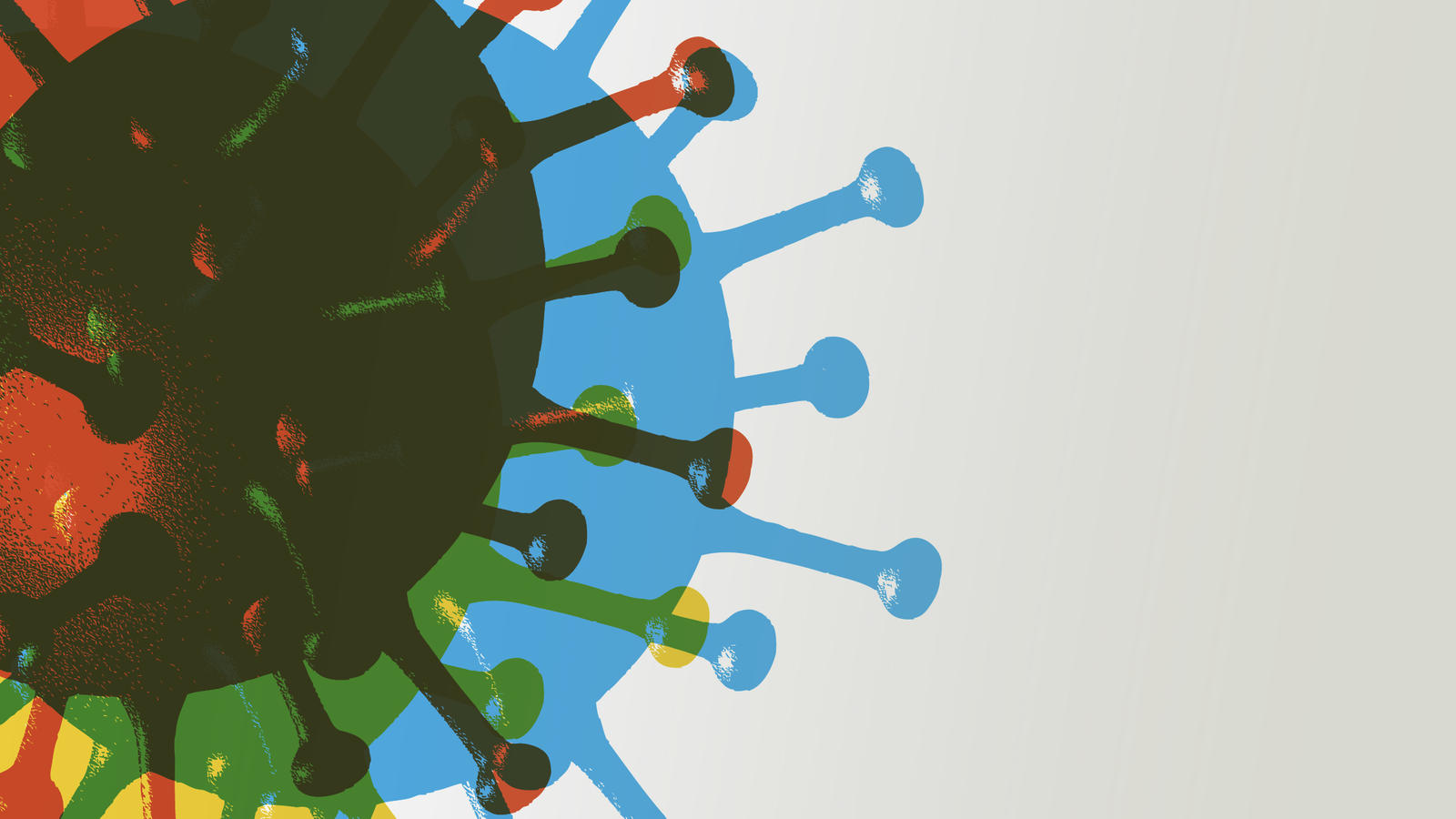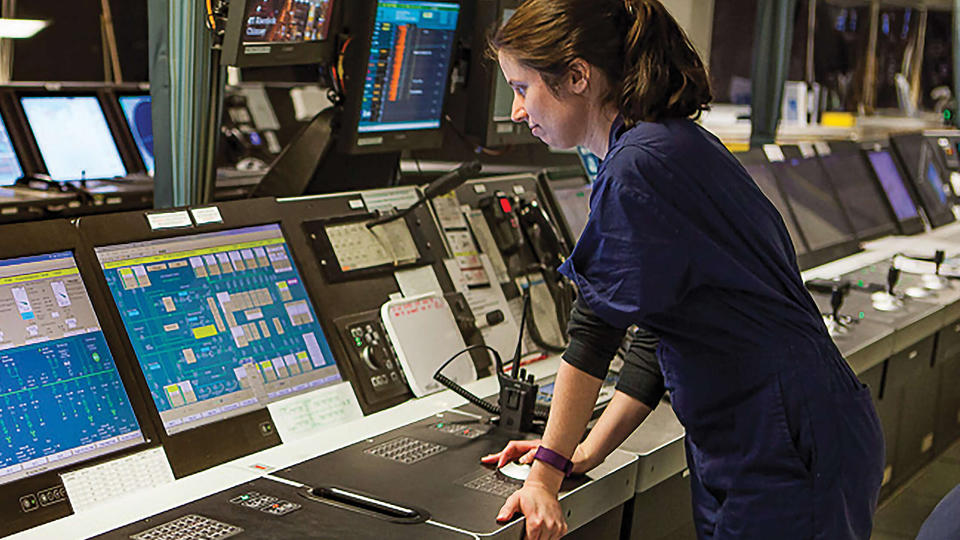Managing Change

We’re back on campus, after a few surprise twists.
Just when it seemed like “normal” was right around the corner, COVID threw us for another loop — and then another.
Because the vast majority of Rice Business students, faculty and staff were fully vaccinated by summer, most of us enjoyed a respite from masks and distancing until late July, when the Delta variant hit. And it hit Houston especially hard. As always, our top priority is to keep every member of the Rice Business community healthy, and especially to protect the most vulnerable among us: people with compromised immune systems or who are caregivers for people with underlying health conditions, elderly relatives or unvaccinated children. The precautions we thought we’d left behind re-emerged as we began the fall semester in person, but wearing masks and staying socially distant indoors to guard against this fast-spreading variant.
Then came another unwelcome surprise. As Rice prepared to welcome incoming freshmen to campus on Aug. 13, the university’s testing program had begun ramping up again, and over the course of a week or so, about 4,500 people were tested. Alarmingly, 81 of those tests came back positive. That positivity rate, roughly 2 percent, was much lower than the surrounding community, noted Kevin Kirby, the chair of Rice’s Crisis Management Advisory Committee. “The average [for the same period] for Texas Medical Center testing is about 15%, and for the entire city of Houston it’s more than 20%,” he wrote in an Aug. 22 email to the school. “But for Rice, a 2% rate would be significantly higher than our historical positivity rate of 0.24% over the last year, when we ran about 150,000 tests. This unusual campus positivity rate prompted us to take quick action and assume a more cautionary posture until we could determine whether there was a significant risk of widespread infection.”
Administrators scrambled to make undergraduate classes entirely remote for at least the first two weeks of classes. Rice Business, meanwhile, petitioned for an exemption from the online-only rule, since our students do not live on campus, and since we’ve successfully offered in-person instruction during earlier stages of the pandemic, equipped with safety precautions including testing, masking and social distancing. The provost granted that exemption, allowing us to proceed with a hybrid model, meaning some students attended classes in person (masked and distanced) while others attended online via Zoom.
But as it later emerged, the high positivity rate on campus was an anomaly caused by a glitch in testing protocols. “Those results didn’t seem right for a number of reasons: Over 90% of the positive infections came from a single test provider; three-quarters of the positive tests were from people who reported no symptoms; the positive results were widely scattered across various groups in our population, with only one potential cluster that seemed more likely to be associated with their proximity to a particular testing location; and over 90% of the reported infections were for people who were fully vaccinated,” wrote Kirby. “When we consulted with the provider, we learned that they had begun using a different protocol than they had previously used at Rice, resulting in significant differences in how test results are decided.”
“Dozens of people whose initial tests showed them to be COVID-positive have been retested twice and all but one of those have turned out to be negative,” Kirby said.
Undergraduate classes remained online-only through September 3, since students and professors had already made plans, and Rice Business kept its hybrid model in place for those two weeks. Students took the latest change in stride.
“The students who returned to campus to experience the hybrid delivery in McNair Hall have demonstrated tremendous gratitude, resilience, and attention to the required safety protocols,” said Adam Herman, executive director of the Student Program Office. “Both the students on campus and at home on Zoom are particularly grateful to the faculty who have pivoted quickly to deliver the best in business education, again through hybrid delivery, and to the Rice Business staff who are keeping everything running.”
Now we are all back on campus, with additional precautions in place. That means that, for now, everyone, regardless of their vaccination status, is required to wear a mask indoors while other people are nearby. And everyone who comes to campus is undergoing regular COVID testing. For vaccinated people, that means weekly tests; anyone who’s not vaccinated must be tested twice a week. Our high vaccination rate and our adherence to these protocols has kept people safe on and off the Rice campus.
By this point, we’ve fully mastered the art of the pandemic pivot. COVID has proven to be remarkably adaptable — but we’ve shown that we’re even more so.
“This stage of the pandemic, like earlier stages, has resulted in quick changes as new information comes out. If you’re starting to get whiplash from the sudden reversals, you’re not alone,”
Rice Business Dean Peter Rodriguez wrote in an email to the community after announcing the switch to a hybrid course delivery model.
“Although we hoped to be nearing the end of this crisis, it has not yet subsided. And in times of crisis we need to be adaptable and flexible. You have been, and I appreciate it immensely. I ask for your continued patience and understanding as we navigate this new — and hopefully final — leg of the marathon we’ve been running for more than a year now. We will reach the finish line together.”
Response To COVID-19
For the latest updates on our pandemic response, visit business.rice.edu/coronavirus.


